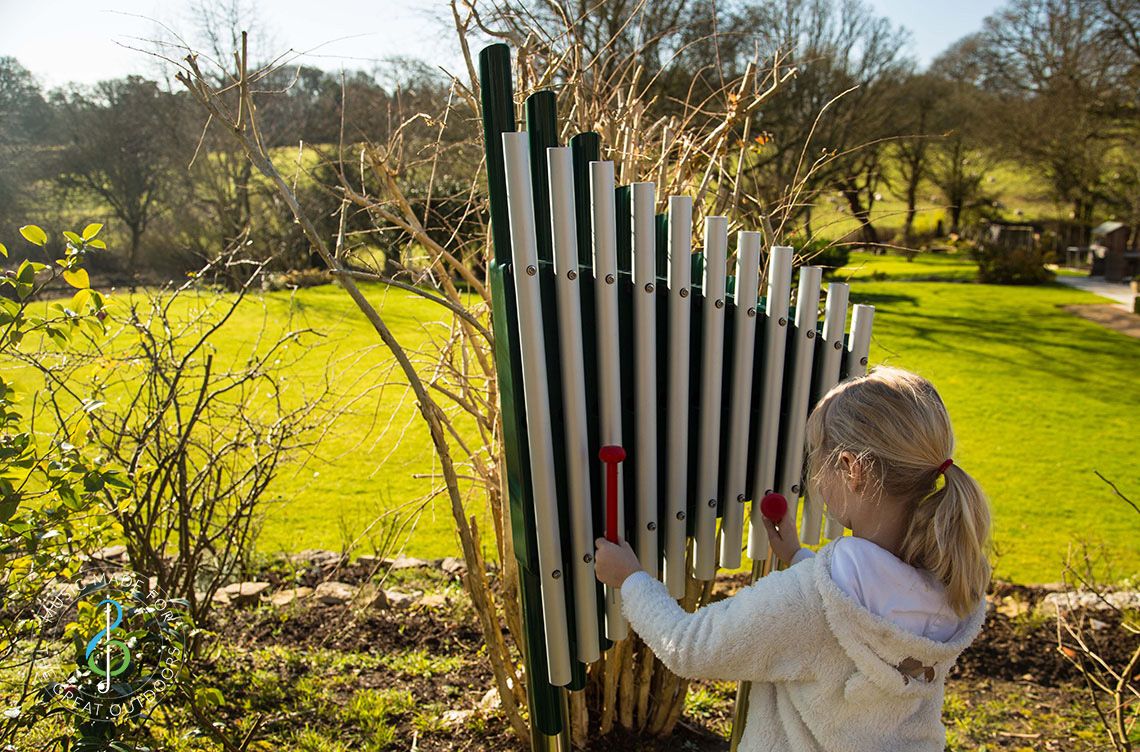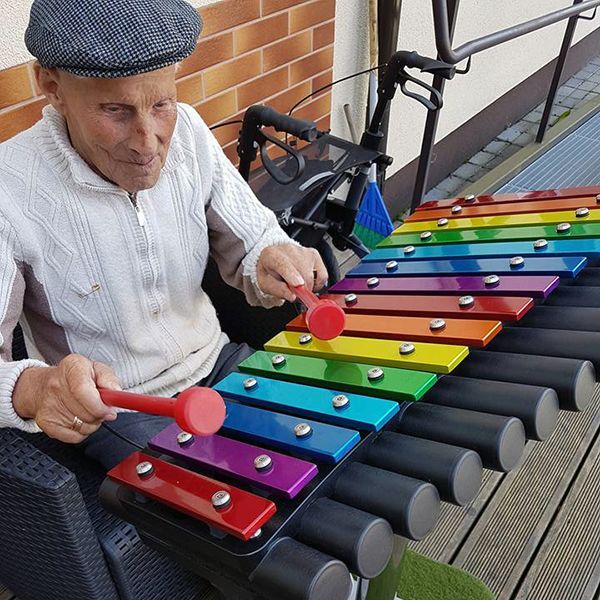Listening To and Making Music Helps Understand Feelings and Emotions
Music as a Powerful Tool for Emotional Expression in Children
Music can be a constructive and effective way to express yourself and your feelings, especially for young children. It is often difficult for children to verbalize how they feel, primarily because they don’t know the names of the emotions they’re experiencing. Instead, they show us through crying, temper tantrums, or meltdowns. Emotional expression is a skill that must be learned, and young children can be taught basic emotions such as happy, mad, sad, and scared as early as two years old. As children grow, more complex emotions like frustration, nervousness, or shyness can be introduced and explained.
Using Music and Play to Help Children Understand and Manage Emotions
Music and play are highly effective educational tools for children to learn about their feelings, explore emotions, and practice expressing and managing them. Because of its deeply emotional nature, music serves as a powerful medium for everyone—not just children—to express themselves and cope with challenging situations. When we engage in making music, we move beyond social conditioning and conscious thought, connecting directly with our emotions.
Participating in creative activities like music-making keeps us present in the moment. This state of mindfulness helps us access and express emotions more freely. Often, it can be difficult to find the right words to explain how we truly feel. In such cases, music offers a subtler and more powerful way to express emotions.

Encouraging Emotional Intelligence with a ‘Music and Feelings’ Lesson Plan
A ‘Music and Feelings’ lesson plan can encourage children to recognize and talk about different emotions through fun and engaging musical activities. Recognizing emotions through music helps develop emotional intelligence. Music enables children to ‘hear’ what certain feelings sound like and learn to identify which emotion is evoked by a piece of music. Improvising with instruments helps children connect with and express feelings such as happiness, sadness, fear, or anger. Musical instruments act as ‘gates’ to their emotions, allowing those feelings to come through. Appropriate self-expression develops from a strong sense of self, and music—especially early music education—supports this growth.
Addressing Childhood Stress and Anxiety Through Music
Feelings of stress, anxiety, or tension can also be eased through music. Childhood stress has increased over recent decades, with around 40 percent of children reporting they worry too much. Many people assume childhood is carefree, since kids don’t have jobs or bills to pay, but children do face pressures.
Academic demands and social challenges—such as the need to fit in—can cause stress. In short, stress can affect anyone who feels overwhelmed, including children. Music can positively influence children’s moods and be used to reduce stress, process emotions, and improve overall well-being by:
- Distraction—Music captures their attention, distracting them from worries while helping them explore emotions. It keeps them focused and prevents negative thoughts from dominating.
- Mindfulness- Playing or listening to music helps children stay in the moment, enjoying the sounds they create or hear. This presence offers a break from anxiety.
- Creative Self-Expression- Beyond listening, actively making music encourages expression and involvement, boosting self-esteem and reducing stress.
Music gives children a healthy outlet to express themselves, unlock creativity, feel inspired and uplifted, relax, and relieve tension.
Social and Emotional Benefits of Making Music Together
Making music with others enhances children’s social and emotional skills. They learn teamwork and develop empathy. Studies show that when children play music together—from simple rhythms to full group performances—they become more attuned to others’ emotions.

The Unique Connection Between Music and Human Emotions
Emotions are a fascinating feature of the human mind, and music is an extraordinary expression of that mind. Understanding the connection between music and emotions can help us better grasp the essence of both. It’s well known that music can alter our mood and stir deep feelings; no scientific proof is needed to confirm this.
Music can evoke the full spectrum of human emotions, including:
- Patriotic or Loyal – National anthems and music linked to countries, sports teams, schools, or organizations.
- Spiritual – Hymns, chants, gospel, and other music associated with religion or faith
- Nostalgic – Music that brings back memories of past events, both joyful and sad.
- Love – Music can be used to express love and as a sign of affection.
- Violent or Angry - Music associated with aggression or protest.
- Energetic – Rhythms that motivate physical activity and movement.
- Happy or Sad—Music that can uplift, make us smile, or evoke melancholy and tears.
- Irritated – Tunes we dislike or that get stuck in our heads.
- Scared—Music that creates tension or fear, such as in movies.
- Calm – Soothing music that helps slow the mind and promotes relaxation
Perhaps the greatest gift of music is its ability to allow people to experience emotions safely, without undergoing the real-life events behind them. We can feel intense emotions in a controlled way, whenever we choose, in a safe environment.
Most importantly, playing music brings joy! Few experiences compare to the exhilaration of expressing your soul through improvisation and music-making. Discover the stress-relieving power of playing your own music.

